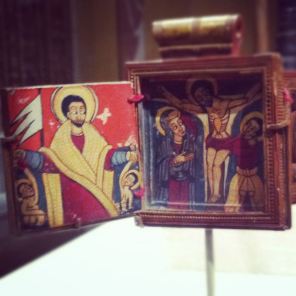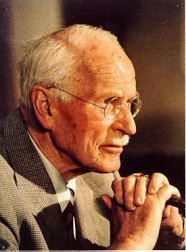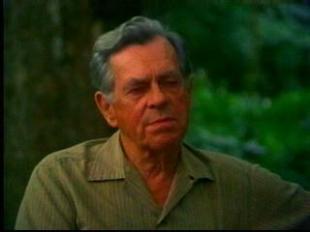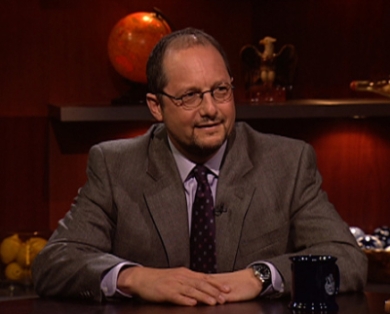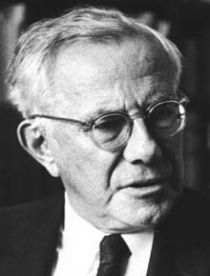This is something I wrote for a psychology class, it’s a response to an excerpt from Marilyn Yalom’s The History of the Breast. SInce breasts are probably fascinating to everyone (they certainly are to me!), and since writing this led to new ways of thinking for me ( I’ve never connected breast cancer with the crucifixion of Christ before), I thought I would share it. The first section is a summary of Yalom and the second section is my response.
Summary
As I understand it, Marilyn Yalom’s thesis statement is found in the third to last paragraph of the excerpt: “The breast has been, and will continue to be, a marker of society’s values. Over time, it has assumed and shed various cloaks of religious, erotic, domestic, political, psychological, and commercial hues. Today it reflects a medical and global crisis. We are anxious about our breasts, just as we are anxious about the future of our world.” By looking at the history of the breast in the Western world, Yalom is interested in discovering what our various attitudes and behaviors revolving around breasts reveal about human nature, experience, attitudes and behavior, especially as it relates to women, and what the current ideas associated with the breast might tell us about our present and our future.
The breast has meant many things to many people, with both positive and negative connotations, and the multiplicity of meaning tells us about the values, hopes, fears, struggles and challenges of different people in different times. In the Judeo-Christian tradition, the breasts of Eve have been sometimes seen as representing temptation. For Medieval Christians, the infant Christ at the breast of Mary was a symbol of nurturance for all the faithful. In the Renaissance, the breast became an erotic symbol. During the French and American revolutions, a bare breasted Lady Liberty was a common symbol of the life-giving power of freedom and a democratic government. Freud popularized the breast’s place in a child’s emotional development, with breast-feeding as the first sexual experience.
Women since the 19th century have been barraged with advertisements for breast “control” of one kind or another (bras, etc.), and the breast has become another opportunity for profit in the capitalist world. Women are tyrannized by socially constructed standards of beauty. The prevalence of cosmetic surgeries (breast implants, liposuction) and eating disorders reflect the extremes many women go to attain this impossible ideal (even supermodels are photo shopped).
Yalom says that what virtually all the historical attitudes toward the breast share in common are that they are from a male perspective. Whether it’s the nurturing breast of the Virgin or the tempting and sinful breasts of Eve, the many meanings given to breasts have been filtered through how men relate to them. Yalom found it difficult to find female perspectives before the 20th century.
However, the voices of women have been emerging from a history of male-dominated views of the breast, talking openly about their breasts in various capacities. The bra burning of the women’s liberation movement symbolically rejected external control of women.
Recently emerging from a history of male-dominated views of the breast are the voices of women talking openly about their breasts in various capacities; erotic pleasure, the joy of nursing, the frustrations of impossible standards of beauty, and the grief of breast cancer. We live in a time where the breast has reappeared front and center in our cultural consciousness. Today, we see that the focus on the breast is highly sexually charged and associated with pleasure, while at the same time it has become strongly linked to death and pain with the alarming rise of breast cancer. Indeed, breast cancer is bringing women into “full possession of their breasts.” There are both timeless and time-bound factors at play in the current prominence of the breast; it will always have deep meaning for human beings as a symbol of a paradise lost as we face the difficulties of being a responsible adult, especially in the climate of “alienation endemic to post industrialized societies.” The more time-bound factor may be breast cancer; the return of large, sometimes erotic and sometimes objectified breasts to fashion and the media could be a way of denying our fears. The breast has been a marker of societies’ values (religious, sexual, political, etc.) Today it reflects a medical and global crisis (breast cancer). Will we succeed in combating breast cancer? If so, this would be a victory for us all and for life itself “in the face of everything that threatens to annihilate us.”
My Response
In the first sentence of the introduction, author Marilyn Yalom says that she intends “to make you think about women’s breasts as you never have before.” I can say that she succeeded for me, even having only read a 12-page excerpt. This excerpt from Joseph Campbell came to mind as I was reflecting on my response to this article:
“Any object, intensely regarded, may be a gate of access to the incorruptible eon of the gods.” That is James Joyce… Take, for example, a pencil, ashtray, anything, and holding it before you in both hands, regard it for a while… Cut off from use, relieved of nomenclature, its dimension of wonder opens; for the mystery of the being of that thing is identical with the mystery of the being of the universe—and of yourself.”
Joseph Campbell Companion: Reflections on the Art of Living
Campbell may have been more referring to the “isness” mystery in everything (I’m thinking of Aldous Huxley’s The Doors of Perception, where he references Meister Eckhart), while Yalom is dealing more with conceptual ideas, but nonetheless, one thing I have taken away from this article is that the breast, intensely regarded, is a gate of access to the mystery of life and death, the whole human drama, both the beautiful and the ugly.
To unpack that statement, I’ll get more specific. As a male, I am not always consciously aware of how male-filtered history is, and what a recent thing it is to have women publically speaking about their breasts (or anything else, for that matter). I find the interplay between a patriarchal Western history and this same male perspective’s fascination with the breast deeply intriguing. Though men in power (the ones writing history) have not been all too skillful in relating to females and respecting them as individuals with abilities and aspirations, they have nonetheless been enthralled by what is perhaps their most primal symbol in the Western imagination: the breast.
I think this might provide us with a deep insight into the complicated relationship between masculine and feminine, both in the external world and in the inner world of the psyche. Men need the nourishment, play and eros of the feminine but have not known how to approach her which has perhaps resulted in the revulsion toward the breast seen at certain times in the past and the objectification of the breast we see today (a breast is more like a soulless toy for many males in our culture than a dynamic, living expanse of subjectivity that can put us in contact with the mysteries of life). There has not been much integration of anima and animus in Western societies, at least not at the level of authority. Perhaps this is part of why Western history is scarred with so much violence.
The grave reality of breast cancer (1 in 9 women) clues us in to a bigger picture in which there are many forces at play threatening to annihilate life. The question of whether or not we can save the breast is also the question of whether or not we can save humanity. It strikes me as deeply poignant and compelling that, as a perfect parallel to our nuclear era characterized by alienation from our bodies, the planet and the Spirit, women now have to face breast cancer at alarmingly increasing rates. Women, who have been bearing the burden of so much of humanity’s brokenness, now are tragically bearing the wounds of Christ in a more immediate and fatal way, no doubt as the result of our collective ignorance (pollution, unchecked capitalist greed propelling the consumption of poisonous food and cosmetic products, etc.). My hope is that, just as the broken body and shed blood of Christ has been a prophetic symbol, a wake up call to those with eyes to see, to turn from scapegoating and violence, the wounds of our sisters, mothers, lovers and friends today might be a catalyst of transformation into a more integrated and compassionate humanity.
(The current breast cancer problem reminded me of this painting by Alex Grey)


